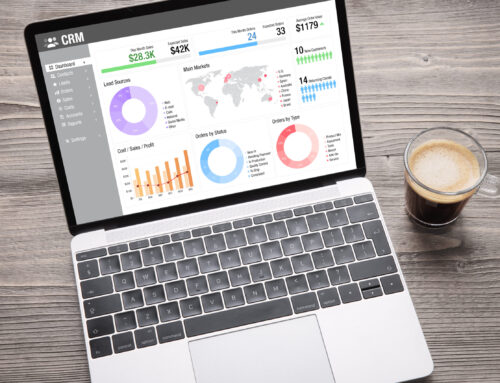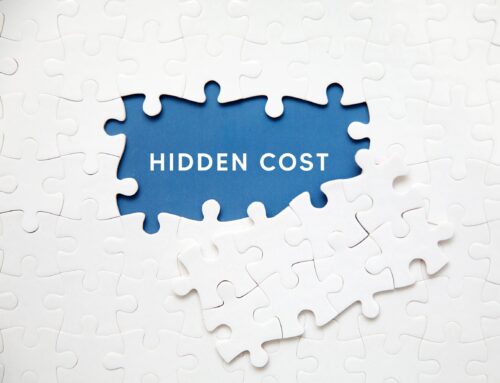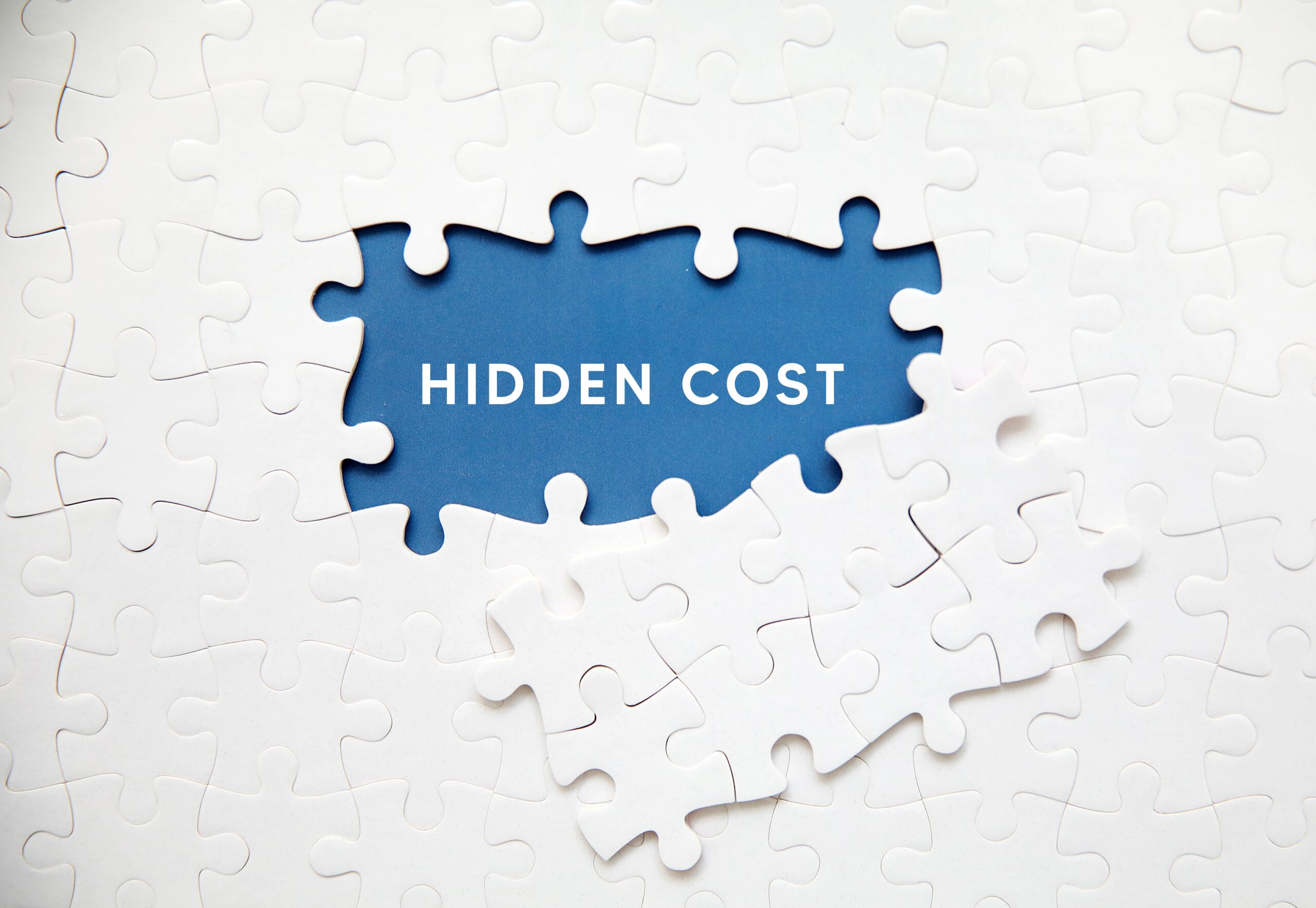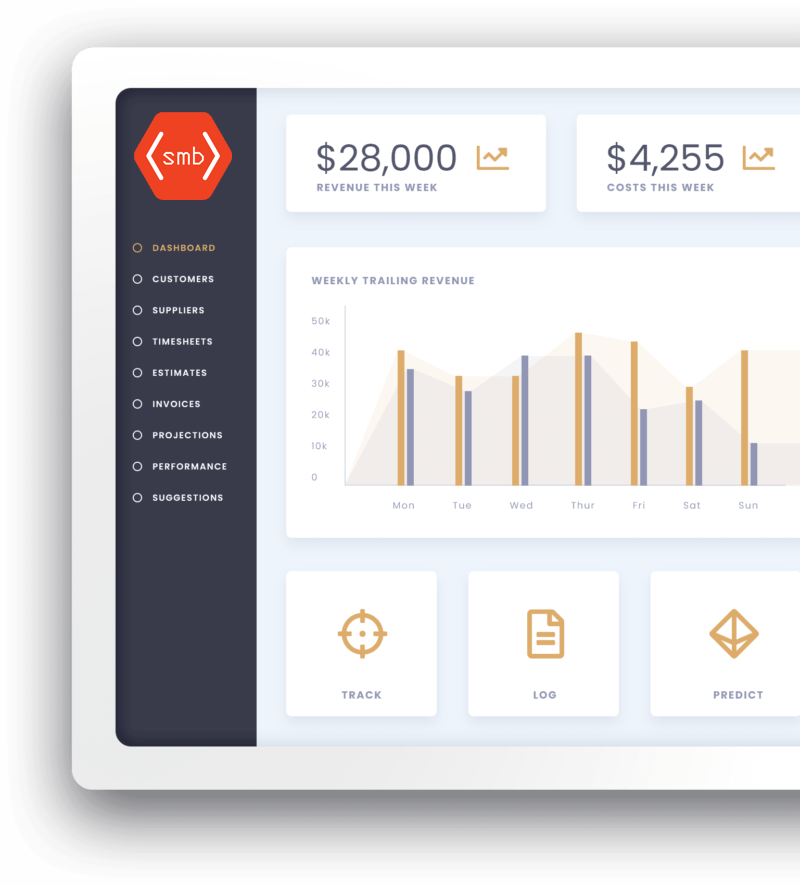
Benefits of CRM for Small Businesses: Do You Really Need One?
You’ve probably heard it a thousand times—“You need a CRM!”
Customer Relationship Management (CRM) systems often come up as a recommended tool for any business looking to scale, improve customer service, and streamline operations.
But is a CRM system a good fit for every business? Not necessarily. Just because it’s popular business tool doesn’t mean it’s a perfect fit for every company.
Let’s examine both sides of the equation: Exploring CRMs’ undeniable benefits alongside the valid reasons some businesses might choose to avoid them.
Why Your Business Might Benefit From CRM:
1.) A properly implemented CRM platform can be a single, organized customer info repository.
Think about no more scrolling your phone contacts, or digging through spreadsheets, emails, and sticky notes, trying to find customer information.
Finally, you find a phone number, you have the customer’s name, but there are no details of any customer interaction. Who talked to them, what was said, are they interested?
Nothing is worse that walking in blind to a meeting and finding that what you were about to discuss was already presented by someone else on your team.
With a CRM system, all that data is right there at your fingertips, accessible and updatable by each team member. Ultimately, a well-maintained system gives you a full view of the customer’s journey, regardless of who dealt them.
Obviously, this can be a game-changer for your business relationships.
2.) Better Customer Service—a CRM system can help you deliver what your customers expect.
With all customer interactions recorded in one place, anyone on your team can pick up where the last person left off. After all, it’s an ever-changing environment we live in.
Avoiding irritating repetition and irritation for you customers, setting your service apart from most of your competition, puts you in the lead.
Customer follow-ups will not be missed, with automated reminders and task assignments. The efficiencies offered by a CRM can lead to faster response times, improved customer satisfaction, and, ultimately, brand loyalty.
3.) Make Sales and Marketing efforts more manageable through workflow and automation solutions.
Most CRM systems allow you to automate routine tasks—like sending follow-up emails or segmenting customer lists for campaigns. Automations that allow your team to focus on growth and strategy rather than administration.
CRM also offers advanced analytics and insights that help you understand which campaigns are working, and where you might need to make adjustments.
Especially if you’re dealing with a large volume of leads. CRM system can help you prioritize and qualify your leads so that you’re always focused on the hottest prospects.
Consequently, A properly implemented CRM platform is the additional resource your team may need to directly boost revenue.
4.) Improved Collaboration Across Teams—CRM Facilitates Teamwork.
Sales, marketing, customer service—can all have access the same customer information in real-time. This unified view ensures that everyone works from the same script and focuses on common goals for each customer.
CRM eliminates silos that often develop as your businesses grows, and encourages cross-functional collaboration. When everyone can access the same, and most recent, information, the outcome will be better for the company and customer experience.
5.) Scalability for Growth—The result of growth is always inevitable change.
CRM systems can be scaled to grow with your business. Most CRMs offer modular features, which means you can start with the basics and add more advanced capabilities as you grow.
Adding new team members, expanding your customer base, or entering new markets; whatever the need, a CRM can help you manage the complexities of growth without missing a beat. For businesses that have their sights set on expansion, a CRM is a solid foundation to build upon.
Reasons Why A CRM May Not Be Right for Every Business
1.) Overwhelming complexity for smaller businesses with a limited customer base.
If you only have a handful of clients and a simple sales process, a spreadsheet or basic contact management tool might be all you need.
In these cases, the time and effort required to set up and maintain a CRM could outweigh the benefits. While CRMs are designed to streamline operations, there’s no getting around the fact that they require some level of commitment. Designing, building, and implementing all of that complexity is a significant investment.
2.) To say CRM is affordable is subjective to both the size, and budget of your business.
There’s the cost of the software itself, of course, but there are also potential expenses for implementation, customization, and training. Also, don’t forget about future and ongoing maintenance and upgrades.
If you’re on a tight budget, these costs can add up quickly, and they’re not always easy to predict. There are times that the system does not perform quite to expectations, requiring tweaking, or even major changes.
For a business with limited resources and minimal expectations of expansion or growth, these hidden costs can be a deal-breaker. It’s essential to do your homework and get a clear picture of the total cost before committing.
3.) Training: The efficiency of any tool depends on the users skill when using it.
Like any tool in the hands of a worker or laborer, the CRM system is only as effective as the people using it. If they find it too complex and difficult, it will be under utilized.
Without proper training and buy-in from your team, companies often find employees “CREATING” their own tools (Access databases, macros, spreadsheets, etc.) unique to themselves, instead of using the system. Obviously, this will completely negate the reason for investing in CRM.
Even with a cutting-edge system, if your employees don’t know how to expertly use it—or simply don’t want to—it won’t deliver the results you’re hoping for. It’s a common pitfall for companies that rush into a CRM purchase without fully considering how it will be integrated into their day-to-day operations.
4.) Off-the-shelf CRM software; while it is adaptable it will not fit your business right out of the box.
Most industries, and even small businesses, find the need for unique processes to fit their business model. As a consequence, you could end up investing significant time and money into customizing your CRM system to suite your needs.
This can be particularly challenging for businesses that don’t have a clear sense of what they need from a CRM system, or a clear knowledge of how to set up and implement it. In which case, while customization can yield powerful results, it can also create a dependence on specialized expertise.
Just one more thing to keep in mind if you’re considering a highly customized CRM setup.
5.) Analysis Paralysis: A CRM collects data, which can be a blessing and a curse.
Without a solid data strategy, you might find yourself drowning in information, with no clear way to interpret it.
This can lead to what the geeks of the trade call, analysis paralysis. This is the point where you’re so overwhelmed by data that it becomes difficult or impossible to use it to make informed decisions.
Consequently, for businesses that don’t have the time or expertise to manage large datasets, CRM can create more headaches than it solves.
Choosing to implement CRM is a significant decision that should not be taken lightly.
NOTE: To use a CRM platform requires a thoughtful evaluation of both the potential benefits and the associated challenges..
If you’re looking to improve customer management, boost team collaboration, and scale your business efficiently, a CRM could be a perfect fit. But if you’re concerned about complexity, costs, or underutilization, you might want to consider alternative solutions.
This is the very reason that we are here to help you. It’s worth taking the time to assess your needs and options. Check out our post on the types of CRMs and which one might be right for your business.
Need help evaluating your options?
Related articles
February 19, 2026
February 19, 2026
February 19, 2026
February 19, 2026













